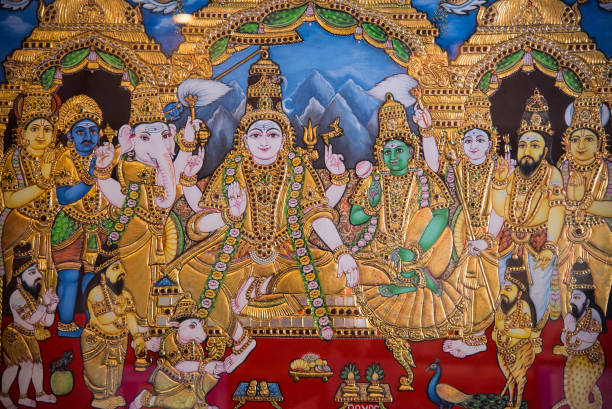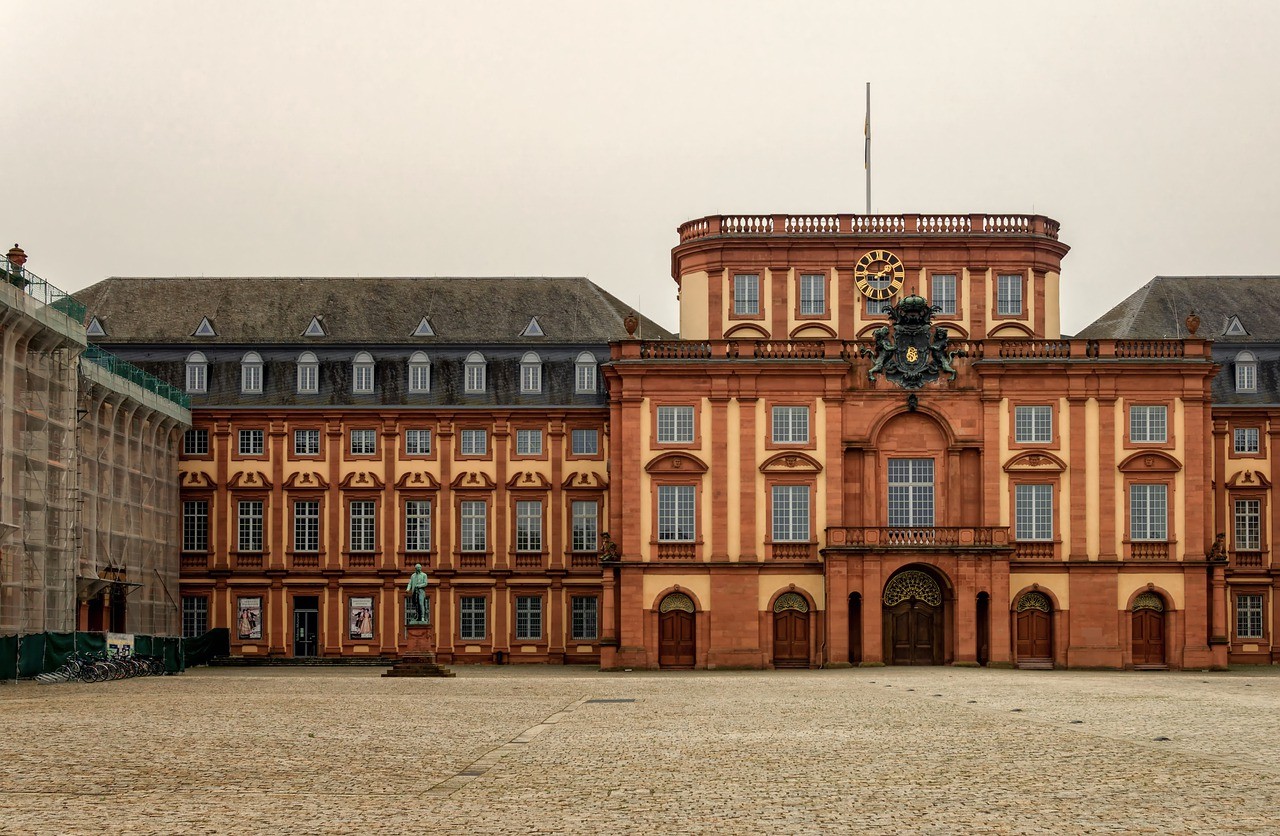- In 1912, Durkheim in his book “The elementary forms of Religious life” stated his views about religion. This publication is considered to be one of his best and most mature works. Durkheim used a single case study in-depth i.e, of the Australian aborigines to study elementary forms of religion. Emile Durkheim Religion And Society.
- The reason behind selecting this group for the investigation was their representation of the most simple forms of religion within a culture.
Durkheim’s Analysis.
- Durkheim’s analysis of religion made him assume that religion is something highly social. Durkheim studied the social origin of religion and claimed that religion acts as a source of solidarity. Being a critical part of society, it provides meaning for life.
- According to DK, religion provides social control, unity, and resolution for individuals. It is the means of interaction and a get-together for people to endorse social norms.
Since religion was one of the main actions of unity and ethics in society, it was a part of the main problem in society. Due to this reason, DK wished to explore religion even more.
Emile Durkheim Religion And Society purpose was to study religion.
Some purposes for studying elementary forms of Religion are as follows:
- Dk wished to clarify his fascination with religion before his last breath.
- He considered it his responsibility to learn about the problem of society.
- DK was influenced by two scholars who gave their theories related to religion. The two scholars were W. Roberton Smith and James Frazar.
- W. Roberton Smith concluded that prehistoric religions consisted chiefly of societies and practices that comprised of rites and ceremonies. He mentioned it in his book named “The religion of Semites” (1894).
- James Frazar on the other hand gave a depiction of religion in his book “Golden Bough”.
Another purpose of Dk in studying religion was to clarify his confusion about the relationship between science and religion. He stated that science itself discloses that religion is merely the makeover of society.
Study of Arunta tribes of Australian aborigines.
DK studied the tribe to define religion. After his observation, DK revealed that we must first free the mind of all biased ideas of religion discarding its concern with mysterious phenomena, gods, spirits, and ghosts. Emile Durkheim Religion And Society
Defining religion.
- DK stated religion as an integrated system of beliefs and practices linked to holy things which are forbidden beliefs and practices uniting all the followers as a single moral community called church.
- He added the concept of church to the definition to distinguish religion from magic. Emile Durkheim Religion And Society
Religion is a division of the world.
Dk says that Religion is a division of the world into two types of phenomena:
- The Sacred: It refers to the things individuals set apart. The sacred phenomenon includes religious beliefs, rites, divinities, etc.
- The Profane: It is just opposite to the sacred phenomenon not including anything socially defined as demanding special religious conduct. Emile Durkheim Religion And Society
DK’s theory of totemism.
- DK designated his general theory of religion as ‘the theory of totemism’. He mentioned that totemism is the simplest religion.
- The principle of totemism is the devotion of an unidentified force that is superior to men and very close to them is in reality society itself. Emile Durkheim Religion And Society
- The principal idea used by Durkheim is those of clan and totem.
- A clan is a group of close ones which is not based on ties hereditary whereas a totem is a natural object or animal believed by a particular society to have spiritual significance and that is adopted by it as an emblem. Emile Durkheim Religion And Society
Criticism.
- DK failed to explain why a specific totem was used.
- Sociologists viewed the theory of religion as an armchair theory (a theory not involving any primary research or information and using analysis of existing scholarship to provide new developments).
- Scholars claimed that it is secularism that is binding the societies together in modern commercial societies instead of religion.
- DK ignored the conflicts caused by religion and focused only on its functional characteristics.











